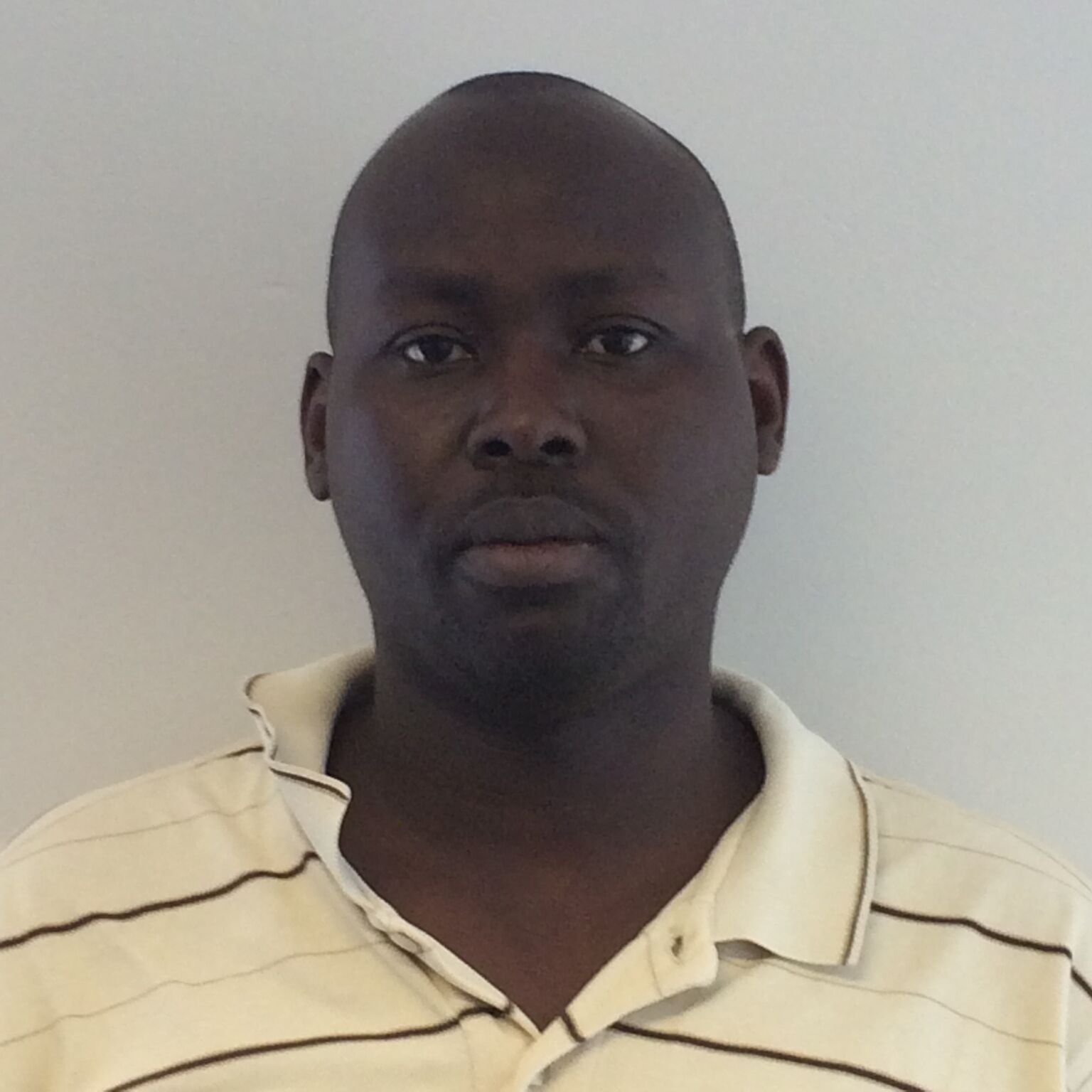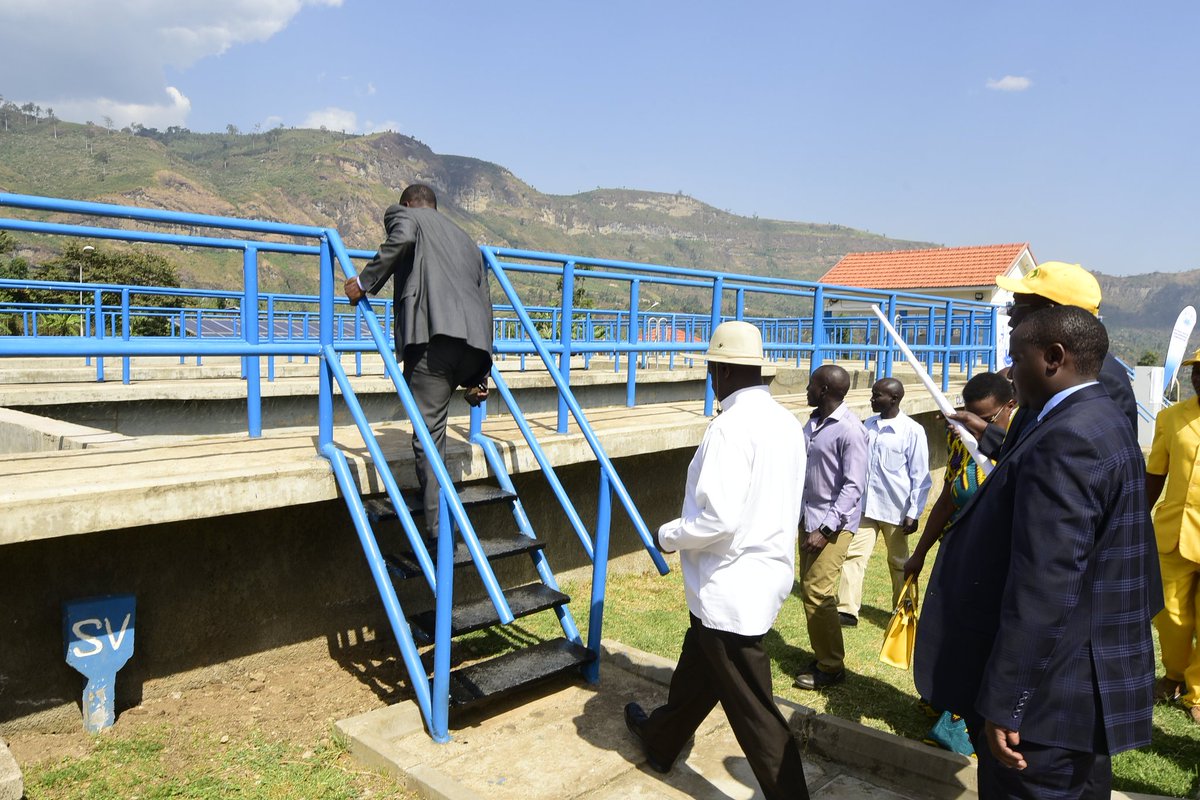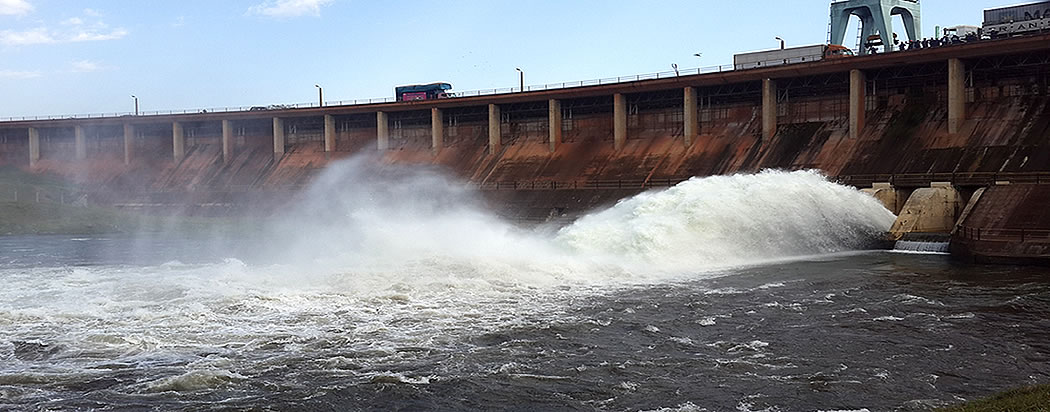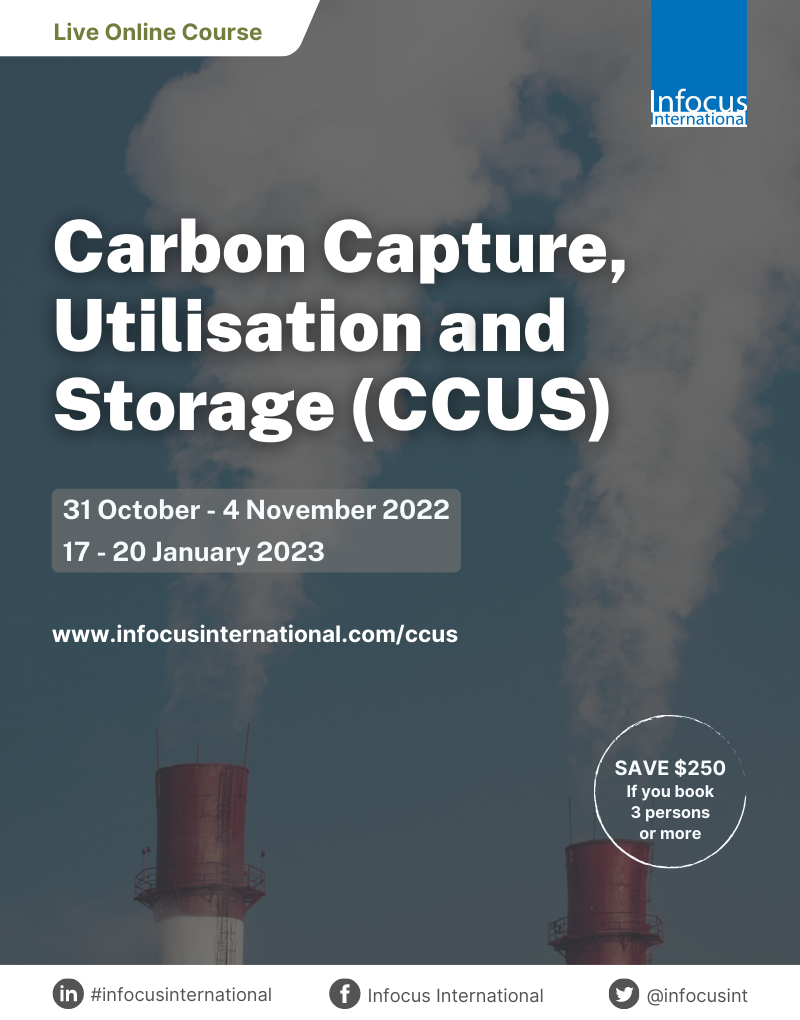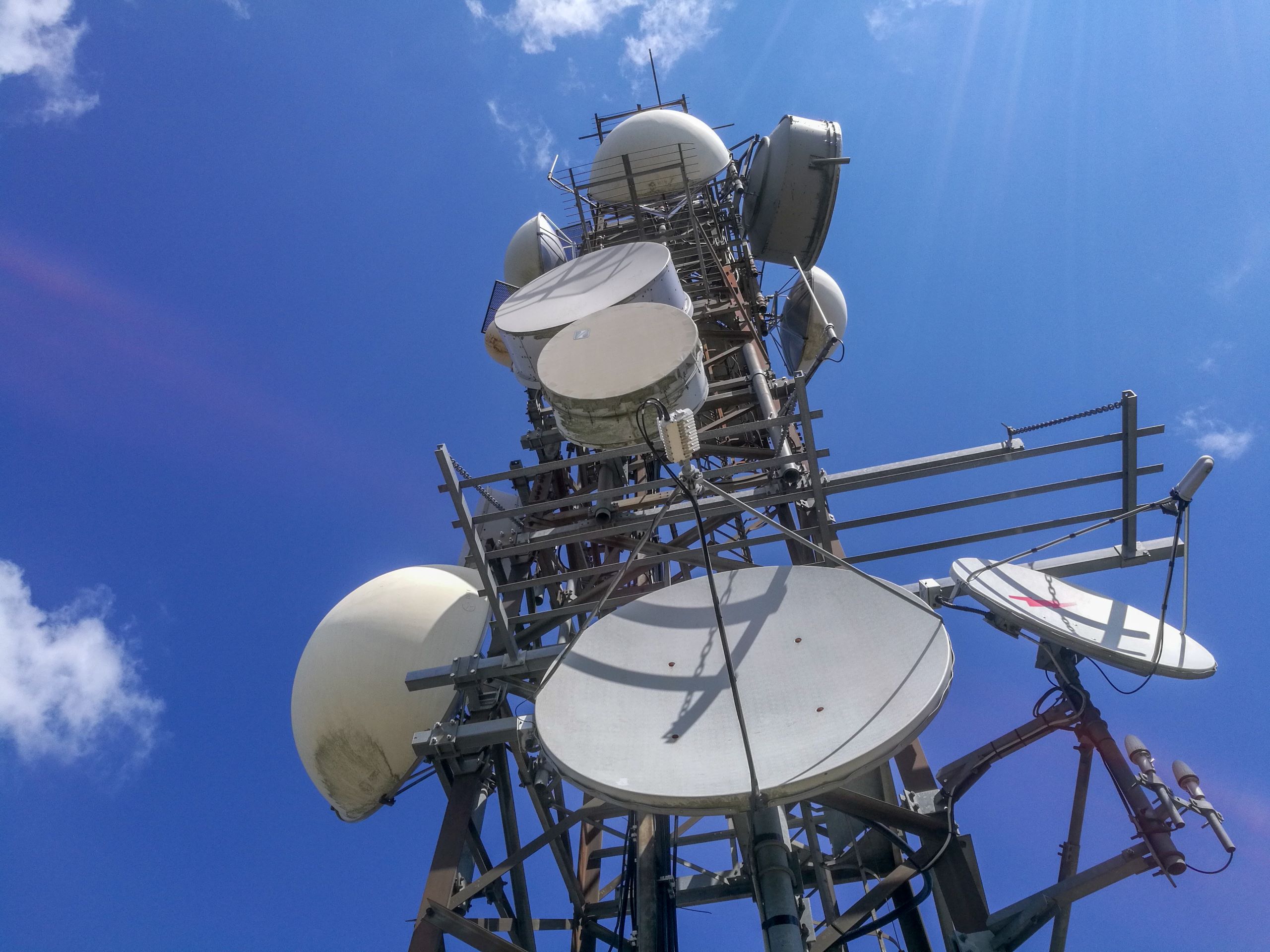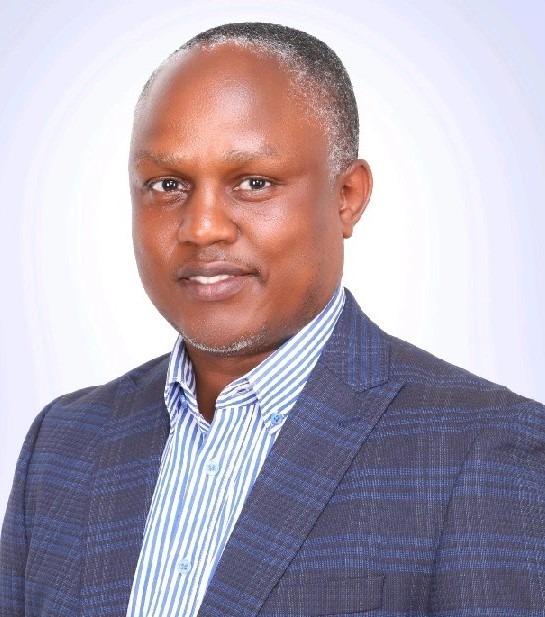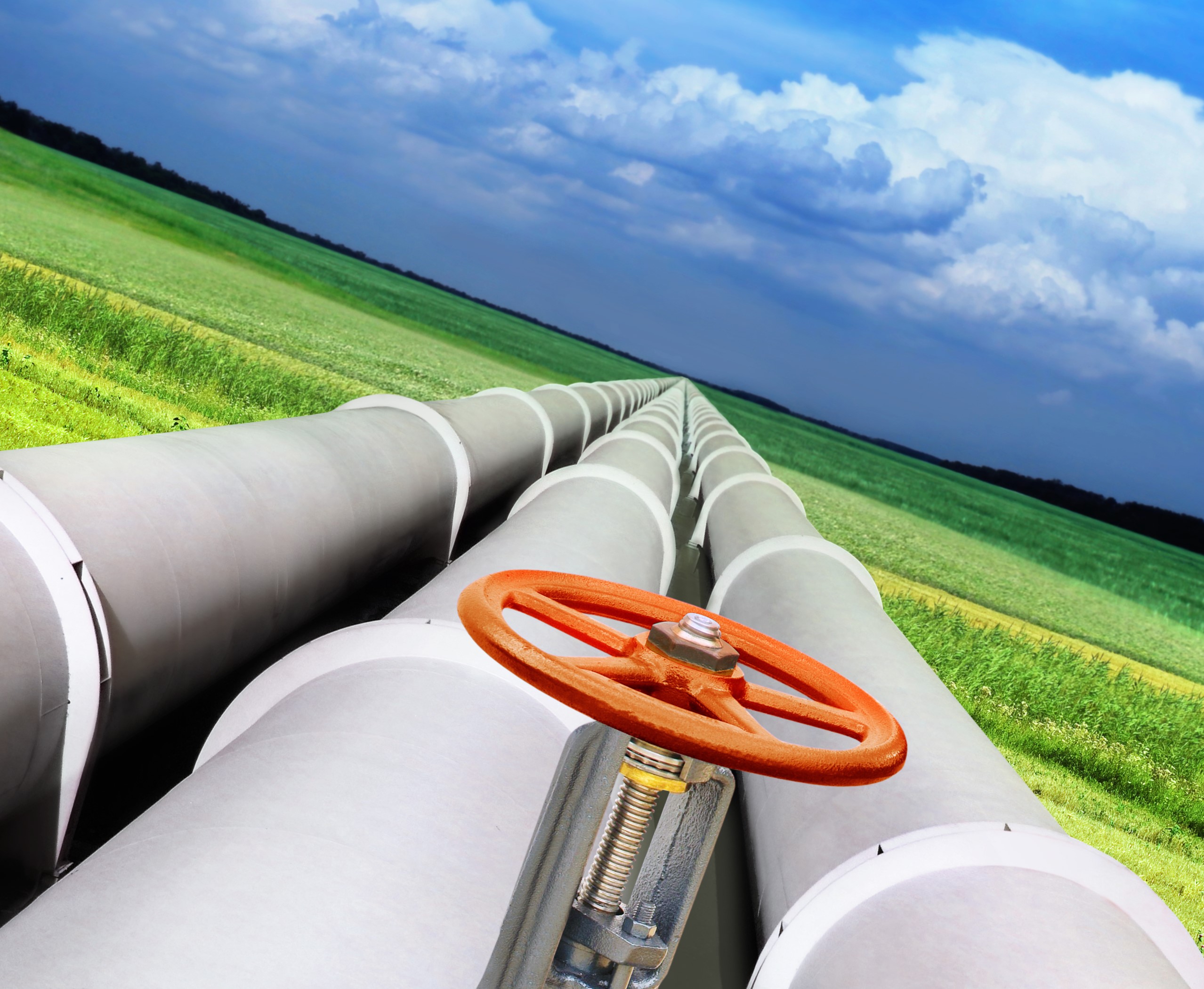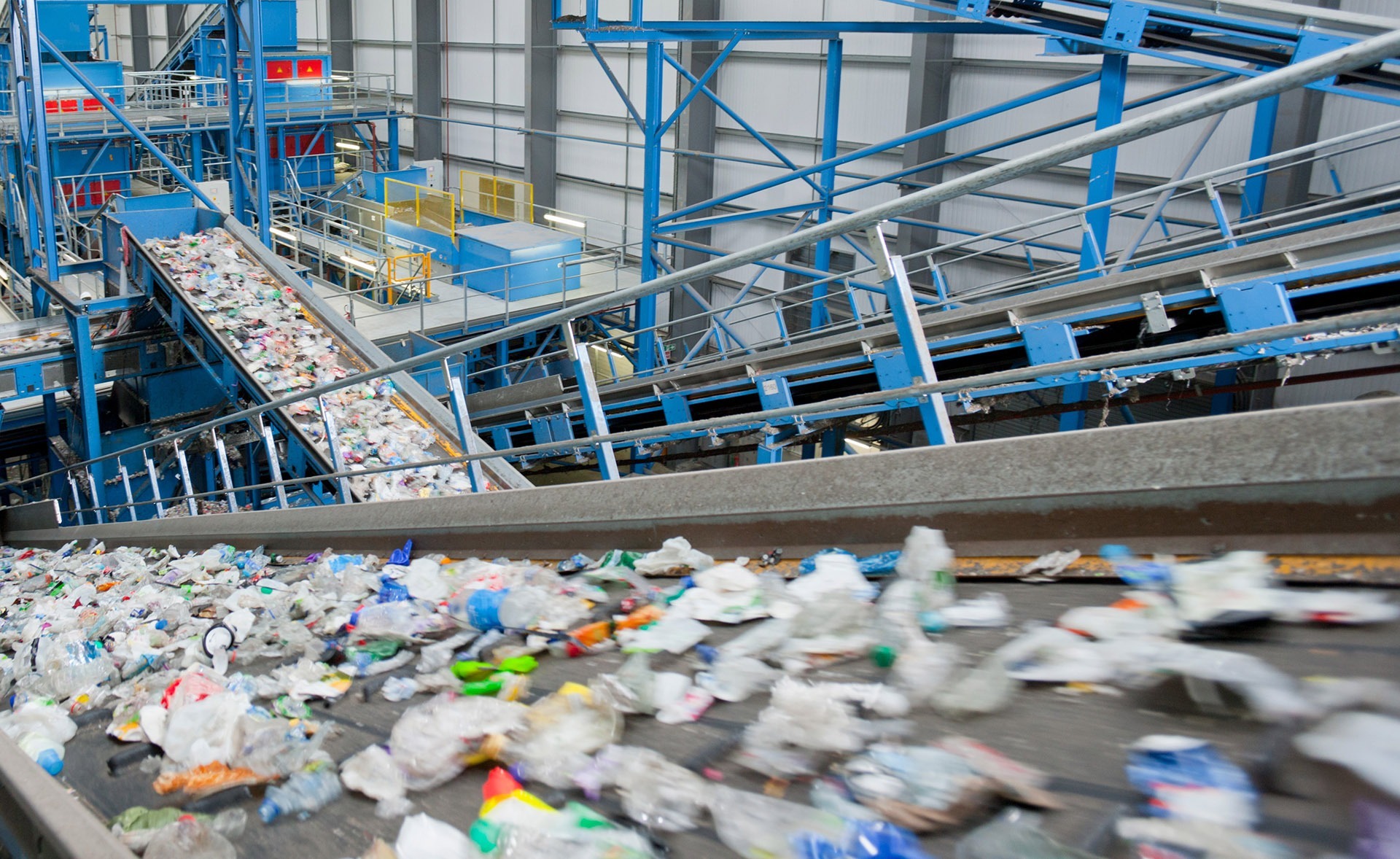A Ugandan-born engineer is working on a technology to tap storm-water as a source of water to supply the water-stressed South African city of Cape Town. This has never been done before in South Africa.
John Okedi, a PhD student of water engineering at the University of Cape Town told The Infrastructure Magazine in an interview that many cities around the world have hitherto tapped storm/rain water, drained it away to the lakes or sea, yet water for consumption in the cities is pumped back from far sources.
“Conventionally, the practice in urban areas is to tap and transport all storm water from locations of rainfall incidence to larger water bodies downstream like a sea, lake or swamps outside the city. Water for domestic, commercial and industrial use in the same city is then brought in sometimes from as far as over 100 km from the city, “he said.
“For example, the water used in (South Africa’s largest city), Johannesburg, is transported from Lesotho a neighbouring country.” Yet Johannesburg’s rain water is drained away.
Okedi said that since the 1990s, storm water management experts began to consider more sustainable approaches of managing water from storms for possible for reuse. In South Africa Prof. Neil Armitage has led on this research.
“As Professor Armitage’s PhD student, my task was to take the research (he has done) further and provide insight into the opportunities and possibilities especially with regard to storage of the storm water in an urban area.”
He said his solution is appropriate for Cape Town as a water supply option only because his option compared favourably with other relatively expensive options such as seawater desalination and wastewater recycling.
Asked what key lessons his study and innovation could be taken away to apply in Uganda and East Africa, Okedi argued: “cities of the future will increasingly need to be self-reliant with regard to food, water and energy. This storm water management approach would promote sustainability with regard to water.”
Besides, he said, the demands of the population living in developing cities are changing. “People are no longer just satisfied with good roads and painted buildings but now demand for improved ambience and liveability. Well-designed, retrofitted and well-managed storm water infrastructure would provide water features, urban parks and fresh air in addition to a water source that city dwellers now demand. “
He told this Magazine that “With progressive leaders like Jennifer Musisi in Kampala and others, I am hopeful such innovations are achievable (back home).”
For the full and wide-ranging interview, get your copy of the October 2017 print Edition of The Infrastructure Magazine.




